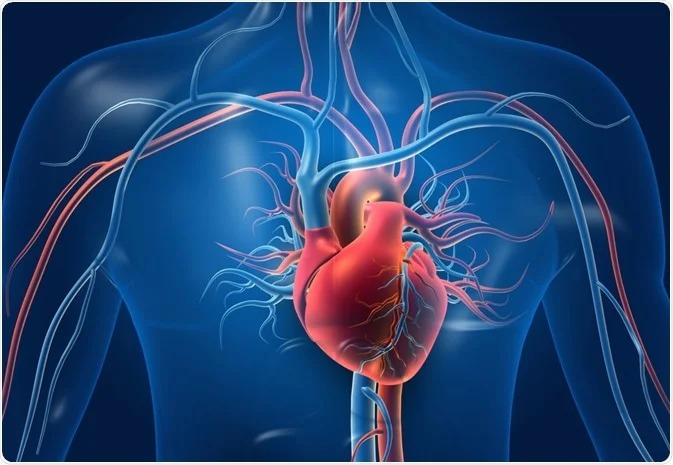When we think of a heart problem, we often picture a dramatic clutching of the chest — the unmistakable sign of a heart attack. But in reality, heart disease rarely begins with such drama. More often, it whispers before it screams. And many people, lost in the rush of everyday life, don’t hear those whispers until it’s almost too late.
A Story Close to Home
Mr. Suresh, a 52-year-old bank manager from Visakhapatnam, came to Hridhay Heart Center one Monday morning, insisting he was just feeling “a bit tired.” For weeks, he had been brushing off his fatigue, blaming it on long hours and work stress. Climbing a flight of stairs left him unusually breathless, and he had started waking up at night gasping for air. He thought he was “just getting old.”
A quick evaluation revealed that his heart was struggling to pump efficiently — an early stage of heart failure. Thankfully, with prompt diagnosis, medication, and lifestyle changes, Mr. Suresh is now back to morning walks and smiles. But his story is a reminder: the heart often gives subtle warnings before serious trouble begins.
1. Fatigue That Feels Different
There’s tiredness after a busy day — and then there’s fatigue that feels bone-deep. When your heart can’t pump enough blood, your body doesn’t get the oxygen it needs, leaving you drained even after rest. If everyday activities like carrying groceries or taking a short walk leave you exhausted, it’s time to listen to your body.
2. Shortness of Breath — Not Just “Low Stamina”
Shortness of breath is one of the most common early signs of heart trouble, often mistaken for poor fitness or aging. You may find yourself gasping for breath during routine activities or feeling uncomfortable when lying flat. This happens because fluid begins to accumulate in the lungs when the heart can’t keep up.
At Hridhay Heart Center, we often see patients who think they just need “to get in shape,” only to discover that their heart is quietly asking for help.
3. Disturbed Sleep — The Heart’s Midnight Cry
Sleep disturbances, especially waking up suddenly feeling breathless or experiencing loud snoring and pauses in breathing, can be linked to heart problems. Conditions like sleep apnea put extra strain on the cardiovascular system. Over time, this can lead to high blood pressure and irregular heart rhythms.
Mrs. Lakshmi, a 45-year-old teacher, came to us after her husband noticed she would wake up choking during the night. Her tests revealed high blood pressure and early coronary artery disease — issues now under control, thanks to timely diagnosis.
4. Early Diagnosis Saves Lives
Heart disease is often preventable — and always more manageable when caught early. A simple check-up involving an ECG, echocardiogram, and basic blood tests can reveal early warning signs before symptoms escalate.
At Hridhay Heart Center, we believe prevention is the strongest form of treatment. Early diagnosis means better outcomes, fewer hospital visits, and peace of mind.
Listen Before It’s Too Late
Your heart rarely fails without warning — it sends quiet signals that something isn’t right. Fatigue, breathlessness, disturbed sleep, or swelling in your feet aren’t just part of “getting older.” They’re your body’s gentle reminders to slow down and get checked.
Don’t wait for the shout. Listen to the whisper.
Visit Hridhay Heart Center, Visakhapatnam, for a comprehensive heart evaluation — because every heartbeat deserves attention.




Add a Comment